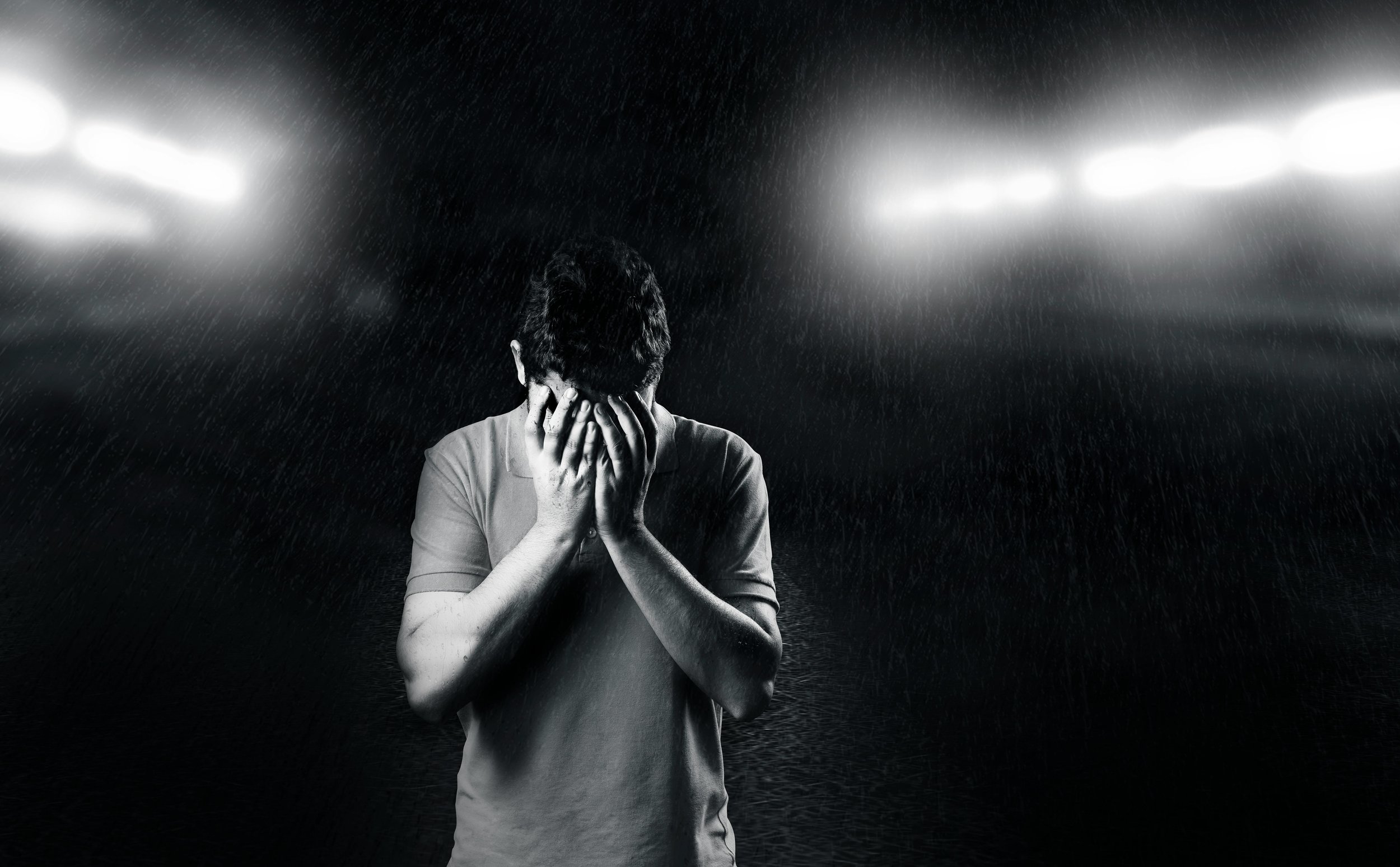
Blog

Is It Normal to Feel Worse Before You Feel Better in Trauma Therapy?
Starting trauma therapy can feel like a brave and hopeful step. You might expect relief, clarity, or even peace right away. But what happens when you begin to feel worse before you feel better? It can be unsettling—but it’s also completely normal.

How to Talk to a Therapist About War, Violence, and the News
While staying informed is important, constant exposure to traumatic headlines can take a serious toll on your mental health. Many people experience stress, triggers, anger, anxiety, or even depression in response to what they see and hear in the media.

What Is EMDR—the Form of Therapy That Miley Cyrus Says “Saved Her Life”?
In a recent interview with The New York Times, pop icon Miley Cyrus opened up about a transformative experience with EMDR therapy. Cyrus described EMDR as “so weird” yet “medical” and “real,” crediting it with helping her process complex emotions and ultimately stating, “I’ve never had stage fright again”.

Loneliness and Depression: How to Break the Isolation Cycle
Understanding the connection between loneliness and depression is crucial in finding ways to reconnect, heal, and regain a sense of fulfillment. Through depression therapy individuals can learn strategies to overcome isolation and improve their mental well-being.

The Impact of Societal Changes on Grieving Processes
As cultural expectations evolve, many people find themselves struggling to process loss in an increasingly fast-paced and disconnected world. Understanding these changes can help individuals seek the right support, including grief therapy and grief counseling, to navigate their healing journey.

Social Media and Anxiety: How to Protect Your Mental Health Online
If scrolling through your feed leaves you feeling overwhelmed, comparing yourself to others, it may be time to reassess your relationship with social media. Fortunately, there are ways to protect your mental health while staying connected online. Therapy can provide valuable tools to navigate these challenges.

How to Stop People-Pleasing When It Stems from Trauma
People-pleasing often develops as a survival mechanism, especially for those who have experienced trauma. . Understanding how trauma influences people-pleasing and seeking therapy or counseling can be essential steps toward healing and reclaiming personal boundaries.

Grieving Unconventional Losses: Navigating the Pain of Non-Death Losses
Grief is often associated with the death of a loved one, but loss comes in many forms. Unconventional losses, such as the end of a significant relationship, or job loss can be just as painful and life-altering. Understanding and validating these experiences through therapy and counseling can provide the support needed to heal.

How Trauma and Grief Intersect
While grief is the natural response to loss, trauma can complicate the grieving process. Understanding how these two experiences intersect can help individuals find the right support through therapy and counseling, particularly grief therapy and trauma therapy, to navigate their healing journey.

The Different Types of Grief and How to Navigate Them
While many associate grief with the death of a loved one, it can also stem from other significant losses, such as the end of a relationship, job loss, or a major life transition. Understanding the different types of grief can help individuals recognize their emotions and find the right support through counseling.

Anxiety vs. Stress: Key Differences and How to Cope with Each
Many people use the terms anxiety and stress interchangeably, but they are not the same. In this blog, we’ll explore the key distinctions between anxiety and stress and how therapy and counseling, including anxiety therapy, can help individuals cope.

How to Advocate for Accessibility and Inclusion in Your Community
Creating a more accessible and inclusive community is essential for fostering a society where everyone feels valued and supported. Understanding the importance of counseling can help individuals become more effective advocates for change.

How Trauma-Informed Therapy Differs from Traditional Therapy
Traditional therapy and trauma-informed therapy differ in their foundations, techniques, and overall approach to client care. For individuals who have experienced trauma or struggle with PTSD, understanding these differences can help in choosing the right form of support.

The Connection Between Chronic Pain and Depression
Chronic pain and depression are deeply interconnected, often creating a cycle that can be difficult to break. Similarly, depression can heighten the perception of pain. Understanding this connection is key to finding effective therapy and counseling options that can provide relief and support long-term healing.

How Trauma Can Manifest as Anxiety and Depression—and How EMDR and IFS Can Help
Many people experience anxiety and depression without realizing that these mental health challenges may be symptoms of unresolved trauma. Therapeutic approaches such as Eye Movement Desensitization and Reprocessing (EMDR) and Internal Family Systems (IFS) can offer powerful pathways to recovery.

Breaking Free from People-Pleasing: How IFS and EMDR Can Help
People-pleasing is a behavior that stems from trauma. Individuals develop this pattern as a survival mechanism. Fortunately, therapeutic approaches such as Internal Family Systems (IFS) and Eye Movement Desensitization and Reprocessing (EMDR) offer powerful tools for healing and breaking free from this cycle.

Is It More Than Just Sadness?
When feelings of sadness persist and begin to interfere with daily functioning, it may indicate something more serious, such as depression. Understanding the difference between transient sadness and clinical depression is crucial for seeking appropriate help and support.

Overcoming Childhood Trauma
Childhood trauma can leave lasting imprints on an individual’s emotional and psychological landscape. It’s important to recognize that healing is possible, and with the right support and strategies, individuals can overcome the effects of childhood trauma.

Addressing Mental Health in LGBTQ+ Communities
Mental health is a vital aspect of overall well-being, yet LGBTQ+ communities often face unique challenges that can impact their mental health. It’s essential to address these challenges and foster a supportive environment that prioritizes mental health within LGBTQ+ communities.

Mindful Techniques For Anxiety Relief
Mindfulness techniques offer powerful tools to help manage anxiety, allowing you to cultivate a sense of calm and presence in your life. By focusing on the here and now, you can reduce the grip of anxious thoughts and create a more balanced emotional state. Here are some effective mindful techniques to consider for anxiety relief.